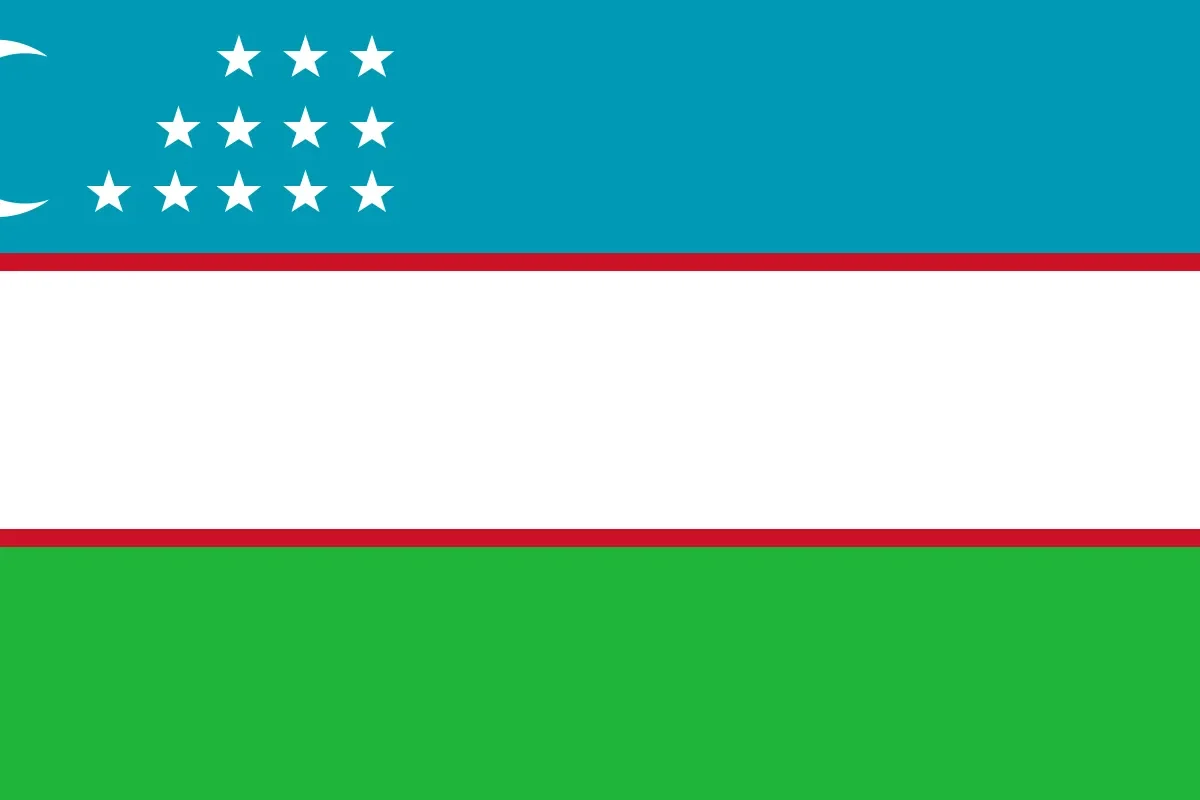The Asia-Pacific Commerce and Industry Confederation (APCIC) is pleased to present this guide to Thailand, one of Southeast Asia’s most vibrant economies and a key regional hub for trade, tourism, and manufacturing. This report provides insights into Thailand’s economic landscape, key industries, trade policies, taxation framework, and strategic recommendations for APCIC members exploring opportunities in this dynamic market.
1. Panorama económico
Thailand, with a GDP of approximately $580 billion in 2023, is the second-largest economy in Southeast Asia. Known for its strategic location, strong export sector, and robust tourism industry, Thailand serves as a gateway to regional and global markets.
Indicadores económicos clave:
- Crecimiento del PIB: Estimated at 3.8% in 2023, driven by exports, tourism, and domestic consumption.
- Población: Approximately 70 million, with a growing middle class and urbanization.
- Tasa de inflación: Stabilized at 2.8% in 2023, reflecting effective monetary and fiscal management.
2. Industrias clave
Thailand’s economy is supported by diverse and competitive industries:
- Turismo y hostelería: A global leader in tourism, attracting millions annually to destinations like Bangkok, Phuket, and Chiang Mai.
- Automotive and Electronics: Known as the “Detroit of Asia,” Thailand is a major hub for vehicle assembly, EV production, and electronics manufacturing.
- Agricultura y agroalimentación: A leading exporter of rice, seafood, rubber, and tropical fruits, with increasing focus on processed and high-value products.
- Energías renovables: Investments in solar, wind, and biomass energy align with Thailand’s green energy goals.
- Tecnología y Startups: A growing tech ecosystem, particularly in fintech, e-commerce, and digital services.
- Healthcare and Medical Tourism: Thailand is a global hub for medical tourism and healthcare innovation.
3. Políticas comerciales
Thailand’s trade policies emphasize regional integration and global market access:
- Regional Comprehensive Economic Partnership (RCEP): Membership facilitates preferential trade with ASEAN and key Asia-Pacific partners.
- Acuerdos de libre comercio (ALC): Thailand has FTAs with Japan, China, and Australia, among others, promoting seamless trade.
- Economía orientada a la exportación: Policies focus on boosting exports of high-value goods, including automotive parts, electronics, and agricultural products.
4. Marco fiscal
Thailand’s tax system is designed to encourage foreign direct investment (FDI) and industrial growth:
- Impuesto de sociedades: Standard rate of 20%, with incentives for targeted industries and regions.
- Impuesto sobre el valor añadido (IVA): Standard rate of 7%, among the lowest in Southeast Asia.
- Impuesto sobre la renta de las personas físicas: Progressive rates ranging from 5% to 35%, depending on income levels.
- Incentivos a la inversión: Tax exemptions, reductions, and customs benefits are available for sectors like renewable energy, manufacturing, and R&D.
5. Clima de inversión
Thailand offers a business-friendly and strategically advantageous environment for investment:
- Ubicación estratégica: Positioned at the heart of ASEAN, Thailand provides access to a market of over 600 million consumers.
- Mano de obra cualificada: A growing pool of skilled labor supports manufacturing, technology, and service industries.
- Infrastructure Development: Major investments in transport, logistics, and energy infrastructure enhance connectivity and efficiency.
- Ecosistema de innovación: Government programs like “Thailand 4.0” promote high-tech industries and digital transformation.
6. Recomendaciones estratégicas
For APCIC members considering investments or trade in Thailand:
- Expand in Automotive and EV Manufacturing: Leverage Thailand’s strong automotive ecosystem to invest in vehicle assembly, EV production, and components.
- Aprovechar el crecimiento del turismo: Develop luxury resorts, cultural tourism projects, and wellness centers in key destinations.
- Invertir en energías renovables: Explore solar, wind, and biomass projects aligned with Thailand’s sustainability goals.
- Aprovechar las exportaciones agroalimentarias: Partner with Thai producers to export high-value rice, fruits, seafood, and processed foods.
- Engage in Digital Economy Opportunities: Invest in fintech, e-commerce, and digital services, supported by Thailand’s growing consumer base.
- Explore Healthcare and Medical Tourism: Collaborate on healthcare innovation and expand medical tourism offerings to attract international patients.
Conclusión
Thailand’s strategic location, diverse economy, and commitment to innovation make it a prime destination for trade and investment. APCIC members are encouraged to use this guide to navigate opportunities in Thailand and establish a strong presence in one of Southeast Asia’s most vibrant economies.




